Week-in-Review: Tesla’s losses and Elon Musk’s new promises
What a complicated week for Tesla.
The electric car-maker announced this week that it had lost more than $700 million in the first quarter of 2019, an unpleasant surprise for investors that came during its quarterly earnings report.
But that was just like the 3rd or 4th most interesting piece of Tesla news that took place this week. CEO Elon Musk also avoided writing another check to the SEC for his tweeting habit and Tesla showcased some of its self-driving dreams at an event devoted to autonomy.
Let’s check the news hits out one-at-a-time:
- First, let’s talk Tesla money. On its Q1 earnings call, Tesla CFO Zachary Kirkhorn called it “one of the most complicated quarters.” Investors were already expecting a loss, but a bunch variety of factors led to the $702 million loss which came after two quarters of profitability. Musk had already said that deliveries were lower-than-expected, they ended up shipping 63,000 cars, a nearly one-third drop from the previous quarter. Add that to the partial expiration of the federal electric vehicle tax rebate and there are some answers but still some lingering questions.
- Next, the company laid out some big promises for its self-driving future, but none was more intriguing than Elon Musk announcing that Tesla was planning to launch a robotaxi network in 2020, though the CEO was strong on the caveats that local laws would pretty much guide how such a service was rolled out.
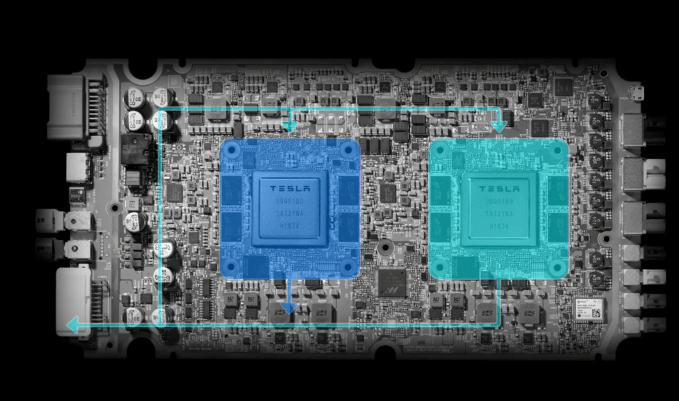
- The company’s Autonomy Day wasn’t just about plans to trounce the soon-to-be-public Uber on its own ride-sharing turf, the company also dove into the hardware, specifically its new “full self-driving” computer that has already started shipping in new Model 3, S and X models. If you look — not very closely — you’ll see that it’s actually two independent computers designed around redundancy so that there’s less room for a glitch to leave drivers in danger.
- Finally, on Friday we learned that Musk and the SEC had reached a deal that let him keep his cash and his Twitter account and avoid being held in contempt of the initial deal. The agreement reach gave Musk a list of topics (list here) that he needs to get pre-approval from Tesla in order to tweet about, a solution that’s probably good for everyone especially the Tesla officials who likely didn’t want to babysit Elon tweeting about anime.
Shoot me tips or feedback
on Twitter @lucasmtny or email
lucas@techcrunch.com
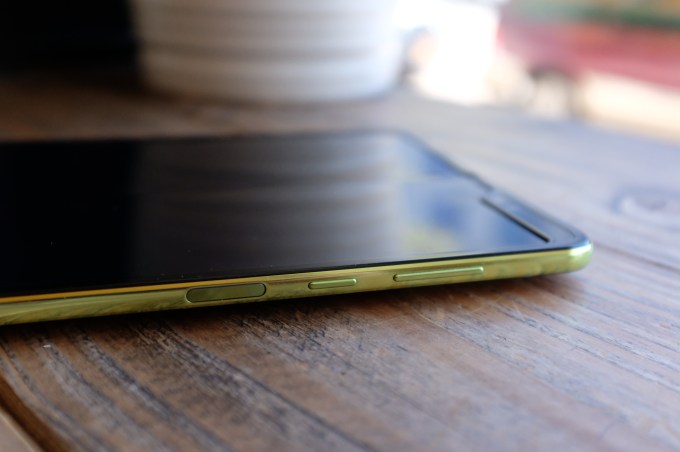
Trends of the week
Here are a few big news items from big companies, with green links to all the sweet, sweet added context.
- Know when to Fold ’em
Well, as an update to last week’s “Is Samsung unfolding a flop?“ question, it seems Samsung decided that it probably was doing just that so it has indefinitely delayed the Galaxy Fold’s release to gain a better understanding of what was malfunctioning with the phone’s flexible OLED display. More bizarre: iFixit published a teardown that raised some clear issues with the phone’s build, then brought the post down after Samsung requested its removal via an iFixit partner. - Give us this day, our one-day shipping
Amazon is getting ready to make one-day Prime shipping the default sometime. There are tens of millions of Prime subscribers in the US, but while Amazon has been bumping up the annual price, they’ve been trying to sweeten the deal with media plays that feel hit-or-miss sometimes. Making one-day Prime shipping the default would be a game-changer. - Comcast eyes a Hulu adieu
Hulu, which was once the convoluted lovechild of entrenched TV network powers-that-be has become a full-on Disney production as of late. After picking up a big slice in the 21st Century Fox deal and some more from AT&T’s Time Warner sale, Disney is reportedly in talks to buy the remaining 33 percent stake in the company from Comcast, which would make Hulu an all-Disney affair. - How I Broke This
Mark Zuckerberg has a new podcast, read more about why, and listen to it here.
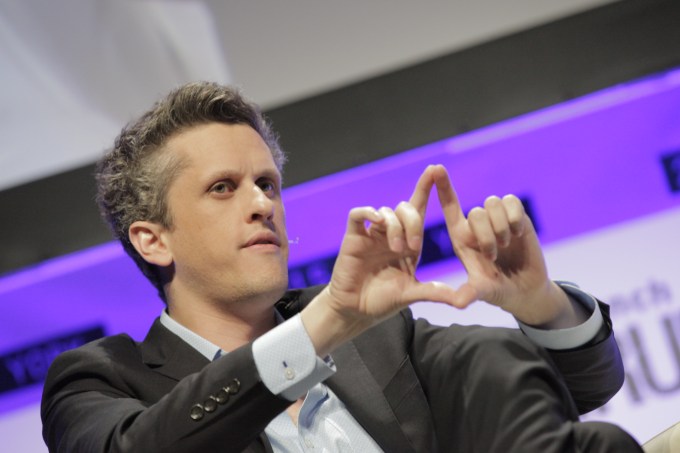
Special guest
I’m not the first to go wild about enterprise IT, but Box CEO Aaron Levie just published a guest post on TechCrunch about how the world of corporate software has gotten a lot more exciting over the past decade. Check it out.
A new era for enterprise IT
“…We’ve reached a new era of enterprise software and companies are coming around to this model in droves. What seemed unfathomable merely a decade ago is now becoming commonplace…”
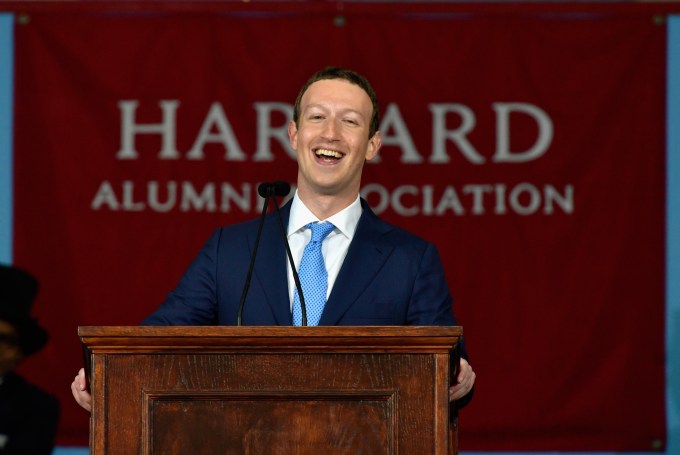
Photo by Paul Marotta/Getty Images
GAFA Gaffes
How did the top tech companies screw-up this week? This clearly needs its own section, in order of awfulness:
- Facebook gets drilled 3X. Kind of cheating since it’s a list, but I’m all about efficiency:
[Facebook hit with three privacy investigations in a single day] - Facebook preps for an upcoming major privacy failure fine:
[Facebook reserves $3B for future FTC fine]
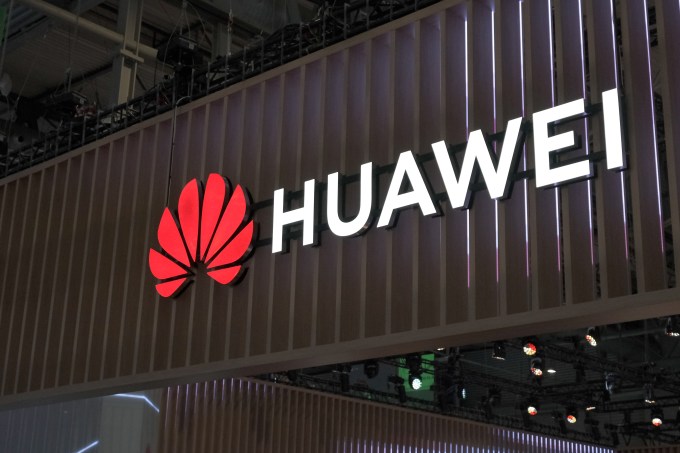
Extra Crunch
Our premium subscription service continues to churn out some awesome long-reads as a channel for our staff’s niche obsessions. We had a great piece this week on the difficulties associated with determining Huawei’s company ownership, especially when that owner might just be the Chinese Communist party.
Why it’s so hard to know who owns Huawei
“…despite selling 59 million smartphones and netting $27 billion in revenue last quarter in its first-ever public earnings report this morning, a strange and tantalizing question shrouds the world’s number two handset manufacturer behind Samsung. Who owns Huawei?”
Here are some of our other top reads this week for premium subscribers — our staff seemed to write a lot about pitching stories this week…
- How to pitch to a (tech) journalist
- The master list of PR DON’Ts
- Why your CSO, not your CMO, should pitch your security startup
Want more TechCrunch newsletters? Sign up here.
from TechCrunch https://tcrn.ch/2J6SOQG
Comments
Post a Comment